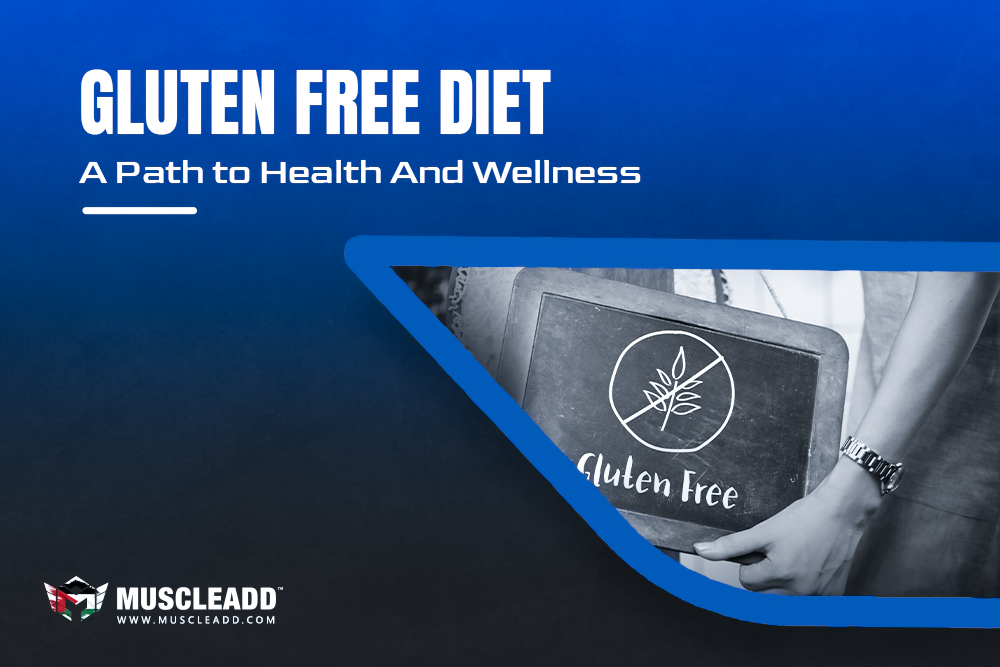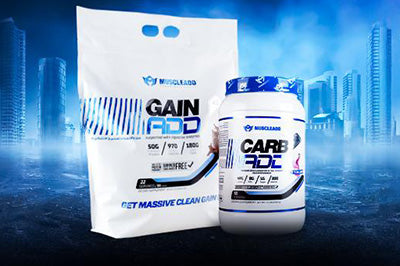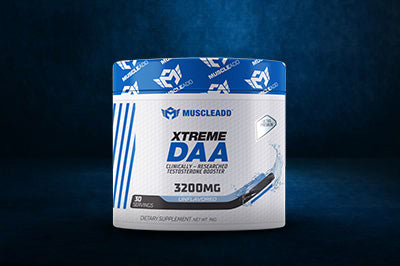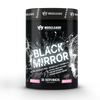Gluten-Free Diet A Path to Health and Wellness

Gluten-Free Diet A Path to Health and Wellness
In recent years, the gluten-free diet has gained significant attention and popularity. Whether due to medical conditions like celiac disease or personal preferences, many individuals are opting to eliminate gluten from their diets. In this blog post, we will explore the gluten-free diet, its potential benefits, and provide practical tips for embracing this dietary approach.
Understanding Gluten
Gluten is a protein composite found in wheat, barley, rye, and their derivatives. For individuals with celiac disease, gluten triggers an immune response that damages the lining of the small intestine, leading to various health issues. However, it's worth noting that not everyone needs to follow a gluten-free diet. Non-celiac gluten sensitivity is another condition where individuals experience symptoms after consuming gluten, even without having celiac disease.

The Benefits of a Gluten-Free Diet:
- Managing Celiac Disease: The primary reason for adopting a gluten-free diet is to manage celiac disease effectively. By eliminating gluten-containing foods, individuals with celiac disease can alleviate symptoms such as abdominal pain, bloating, diarrhea, and fatigue. It also helps in healing the intestinal damage caused by the disease.
- Reducing Digestive Discomfort: Some individuals may experience digestive discomfort, such as gas, bloating, or diarrhea, after consuming gluten-containing foods, even without having celiac disease. For them, a gluten-free diet can provide relief and improve overall digestive health.
- Exploring a Healthier Diet: Following a gluten-free diet often encourages individuals to explore new food options and diversify their nutrient intake. It can lead to consuming more whole and unprocessed foods like fruits, vegetables, lean proteins, legumes, and gluten-free whole grains like quinoa, buckwheat, and rice.

Tips for Embracing a Gluten-Free Diet:.
- Educate Yourself: Learn about gluten-containing foods and their alternatives. Familiarize yourself with food labels and be cautious of hidden sources of gluten in processed foods. Resources from reputable organizations and registered dietitians can provide valuable guidance.
- Focus on Whole Foods: Emphasize whole, naturally gluten-free foods like fruits, vegetables, lean proteins, dairy (if tolerated), nuts, seeds, and gluten-free grains. These foods are not only nutritious but also naturally gluten-free.
- Experiment with Gluten-Free Substitutes: Gluten-free alternatives like rice, quinoa, almond flour, and tapioca flour can be used in place of gluten-containing grains and flours. Explore gluten-free baking recipes and try different substitutes to recreate your favorite dishes.
- Be Mindful of Cross-Contamination: Prevent cross-contamination by thoroughly cleaning cooking utensils, cutting boards, and countertops. Use separate toasters, condiment containers, and cooking oils to avoid gluten cross-contamination.
- Gluten Free Protein Supplements: You can count on protein powders like hydrolyzed whey proteins, Beef protein powder, Vegan protein powder, this will help reaching your daily protein intake easily.
Conclusion
A gluten-free diet can be a transformative journey for individuals with celiac disease or gluten sensitivity. By eliminating gluten-containing foods and embracing a diet rich in whole, naturally gluten-free foods, individuals can experience improved digestive health, reduced symptoms, and a broader range of nutrient intake. Remember to consult with a healthcare professional or a registered dietitian to ensure a well-balanced and nutritionally adequate gluten-free diet.
Check The Following Link To see Examples Of Gluten Free Proteins
⬇️⬇️⬇️
Check Products













